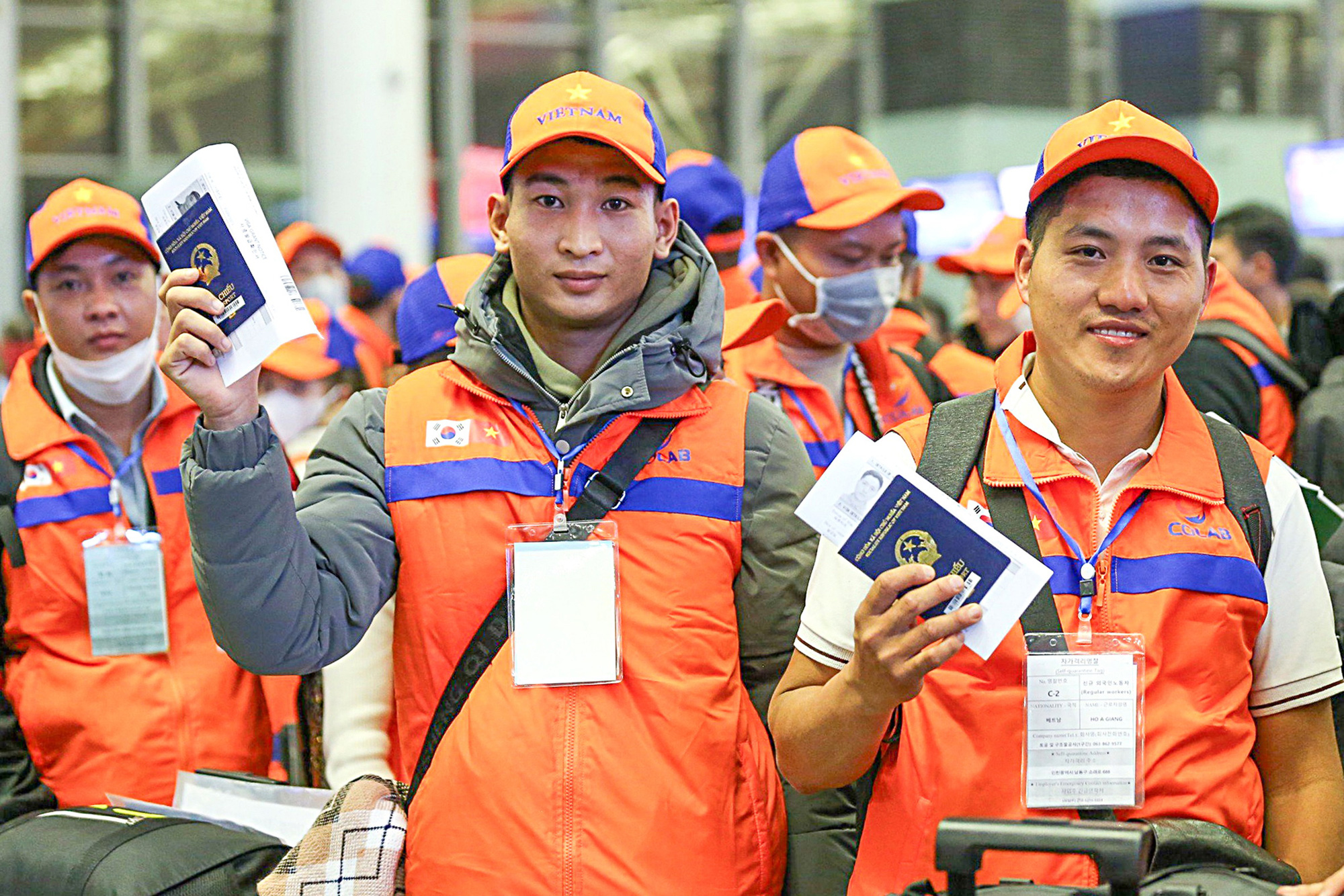
Workers leaving for Korea to work at Noi Bai airport ( Hanoi ) - Photo: HA QUAN
Speaking with Tuoi Tre , Mr. Pham Viet Huong - Deputy Director of the Department of Overseas Labor Management ( Ministry of Labor - Invalids and Social Affairs ) - said that many countries increased their quota for Vietnamese workers due to increased demand, but also partly due to the aging population in these places.
Sending 125,000 workers to work abroad
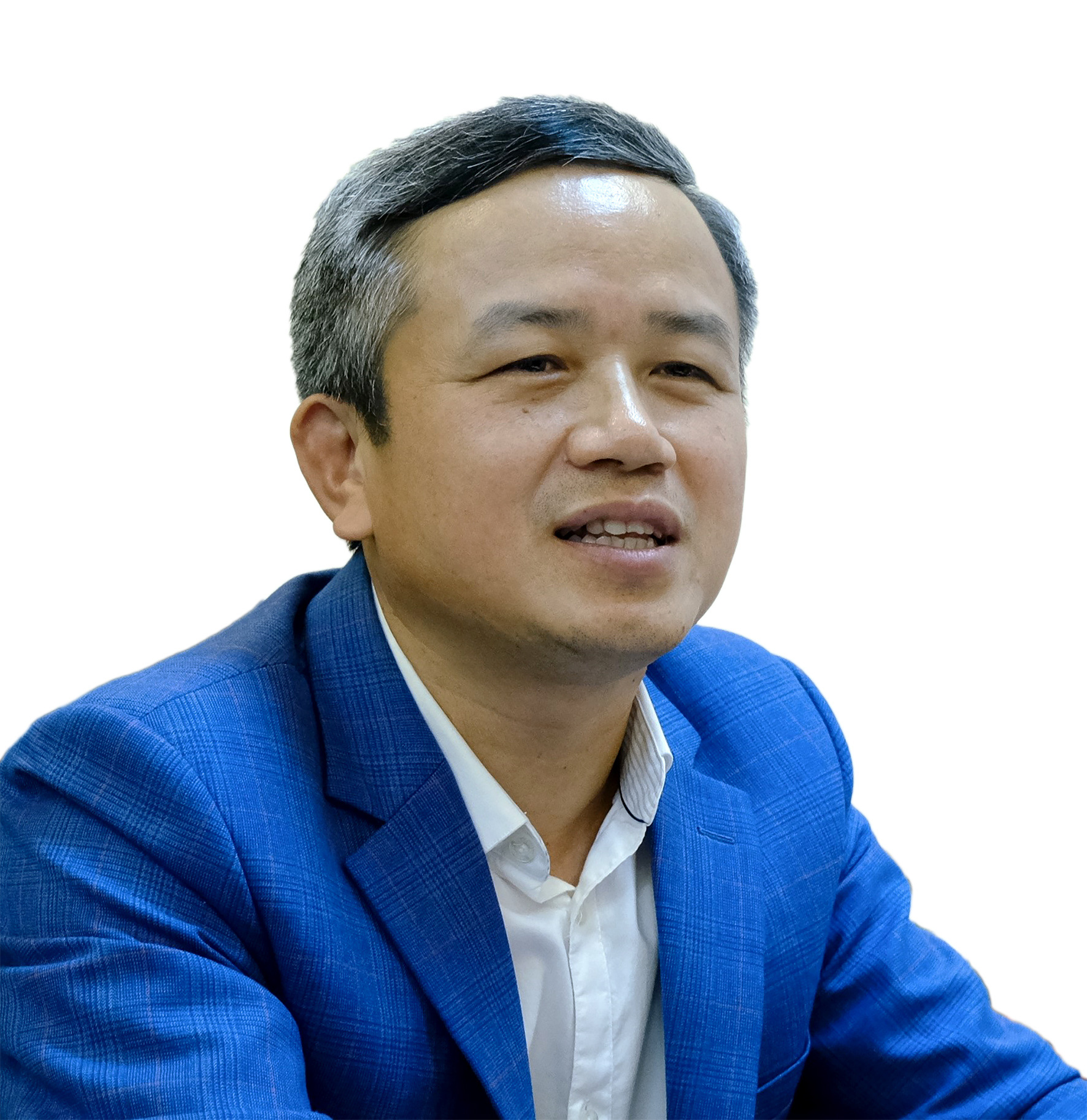
Mr. Pham Viet Huong
* In 2024, how many workers do we plan to send to work abroad? In which fields and industries, sir?
- We plan to send 125,000 workers to work abroad under contracts. Of which, traditional, high-income markets are Japan with 63,000 people, Taiwan (China) with 48,000 people, and South Korea with 8,500 people.
Some European countries such as Germany, Greece, and Poland also need to recruit foreign workers with a large demand for human resources to serve production and business. The Middle East and Africa regions, after a period of stagnation, have become active again.
Japan needs a lot of workers in manufacturing, agriculture , fisheries, health care, and nursing through technical intern or specific skills programs.
Technical interns come to Japan to study and improve their skills at a basic level, so their income is not as high as that of specific workers with certain skills, expertise, and Japanese language proficiency.
In addition to high income, the specific skill group also has many benefits such as overtime and the right to change jobs. After working for a period of time (about five years), you can take the exam to upgrade to specific skill level 2 and bring your family over.
While Korea recruits many candidates in the fields of agriculture, fisheries, construction, manufacturing through the EPS program, and technical workers in the shipbuilding industry (welding, painting, electricity). Germany needs many young people in the fields of information technology, construction, logistics, and nursing.
* How have the requirements for Vietnamese workers working in other countries changed?
- In general, countries still require workers to have certain qualifications, knowledge, and foreign languages, except for some programs that require high skills for nurses and engineers. Our policy when sending workers to work abroad is not only to earn more income but also to learn knowledge, improve skills, expertise, and foreign languages.
This is also what Japan and South Korea want. Japan is revising its new labor acceptance program to replace the technical intern program, aiming to improve skills, foreign languages, and income for foreign workers.
We want to increase the number of skilled workers. In 2023, the number of Vietnamese workers will account for 58% of the total number of foreign workers in Japan (about 100,000 people).
In the long term and with more fundamental calculations, vocational education and job orientation must be linked to the needs of businesses to avoid redundant and ineffective training, which wastes resources.
Mr. PHAM VIET HUONG
More support for workers
* What support policies do we have for young people in difficult circumstances who want to work abroad?
- The government is supporting language learning, vocational training, health check-ups, accommodation, and low-interest loans. Workers can participate in low-cost programs such as the EPS program, IM Japan technical intern program, EPA Japan nursing program, German nursing program, etc.
According to regulations, poor workers are supported with a maximum of 4 million VND for vocational training costs, a maximum of 4 million VND for language classes/course, accommodation, and personal items during the course. Ethnic minorities are supported with a maximum of 3 million VND for vocational training costs. When eligible to work abroad, young people are supported with visa fees and health check-ups.
The Bank for Social Policies supports loans of up to 100% of contract costs for people working abroad who are poor households, near-poor households, ethnic minorities, relatives of people with revolutionary contributions or households whose agricultural land has been recovered. Workers can find more information via the phone number 024.3824.9517 of the Department of Overseas Labor Management, website: dolab.gov.vn. or the nearest competent authority.
* What support will workers in your country receive, sir?
- Currently, there are labor management boards to support workers in resolving issues of wages, social insurance, and health risks. Japan has banned unequal treatment of pregnant female workers. The Department has agreed with Japanese authorities and requested unions not to terminate contracts, not to request return home, and to support pregnant women who give birth in Japan to return home as desired.
Enterprises are responsible for coordinating with local authorities and families to guide workers to comply with the laws of the host country. In reality, there are young people who work far from home, bear economic burdens, violate contracts and work illegally. When arrested by authorities, the lightest cases are administrative penalties and deportation, while the most serious cases are imprisonment and entry bans.
Connecting domestic and foreign labor data
* What do we need to solve because many workers say it is difficult to find suitable jobs when they return home?
- There are many reasons why workers have difficulty finding jobs or jobs that are not suitable, such as some domestic industries do not have them yet, and income, including in the FDI sector, is not as high as when working abroad. Along with job fairs to connect those who return to find suitable jobs, we have many programs and dialogues to encourage and support workers returning home to start businesses, establish production and business establishments, and provide vocational training to local people...
The Law on Vietnamese Workers Working Abroad Under Contract (Law 69) stipulates the connection of domestic and foreign labor data. The Department is currently coordinating with JICA (Japan) to implement a project to support the connection of employment information for Vietnamese workers working abroad under contract for the period 2023 - 2028.
The project helps businesses and workers look up and connect through a data-linked website. For example, a person returning from working in Japan can enter information about work experience, job skills, Japanese proficiency, salary and desired position as a basis for linking information to find a suitable job.
Negotiations to send more workers to Europe
In the first two months of 2024, the number of Vietnamese workers working abroad was over 23,000 people, reaching nearly 19% of the yearly plan.
The Overseas Labor Management Department is promoting negotiations with several European countries (Germany, Greece, Poland, Hungary, Romania) and Israel, Canada to recruit skilled workers. However, this requires time for high-level contacts, exchanges, negotiations and signing of memorandums of understanding.
Source


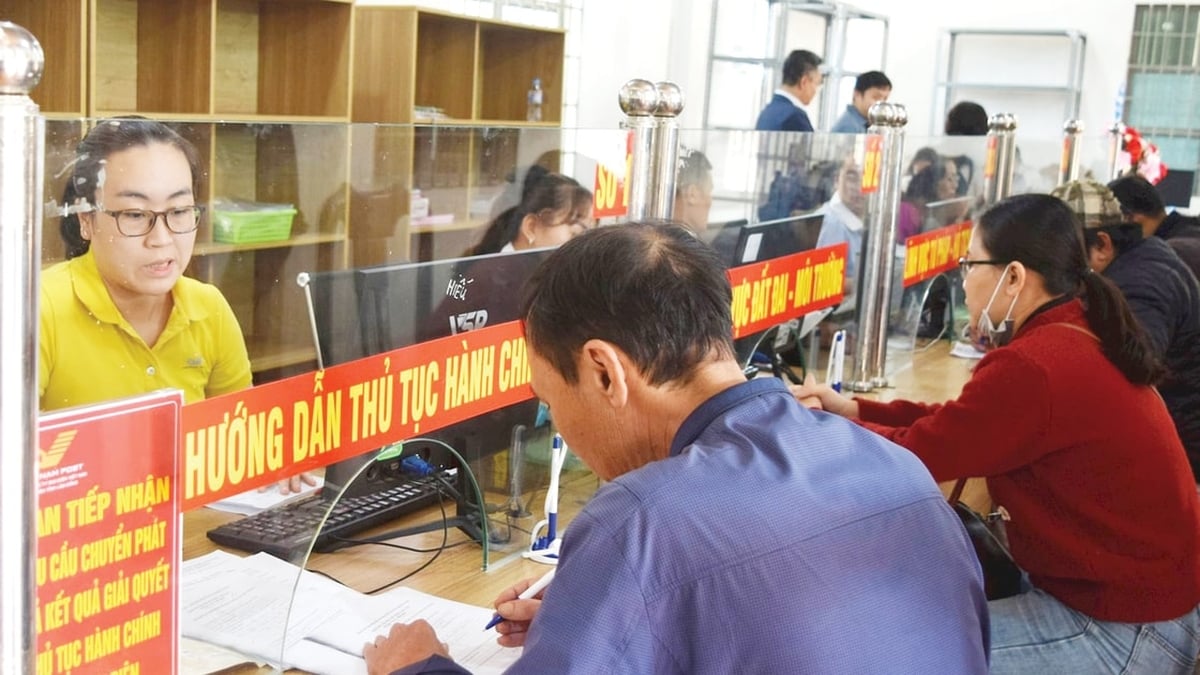
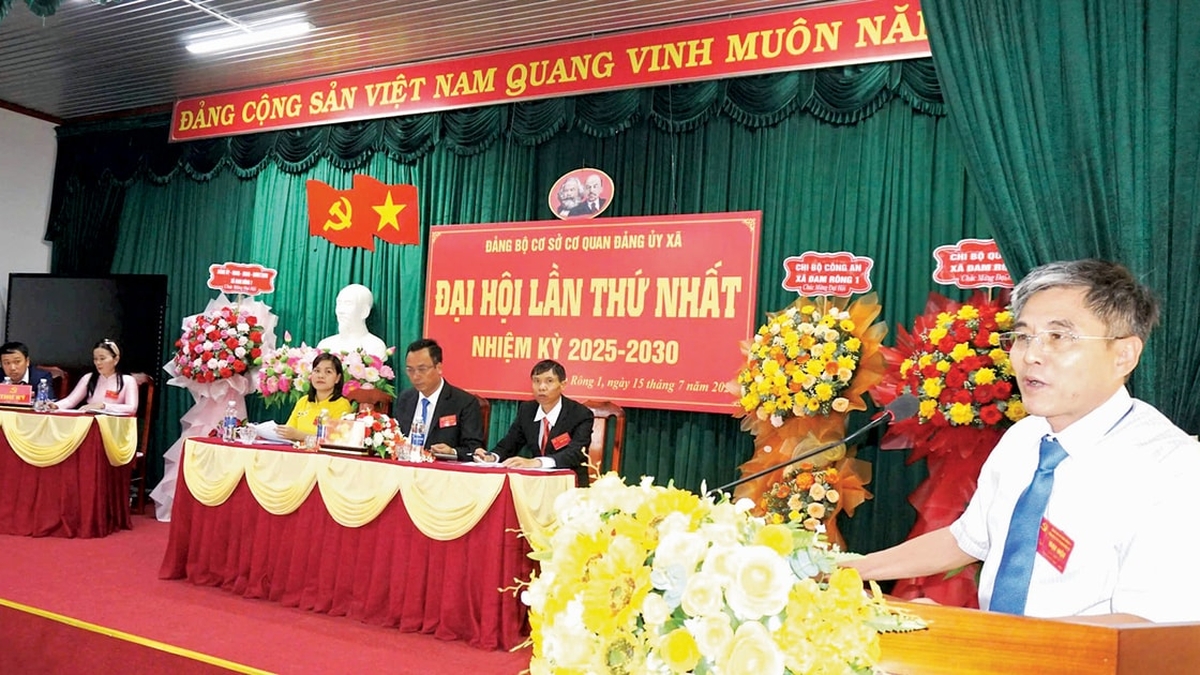
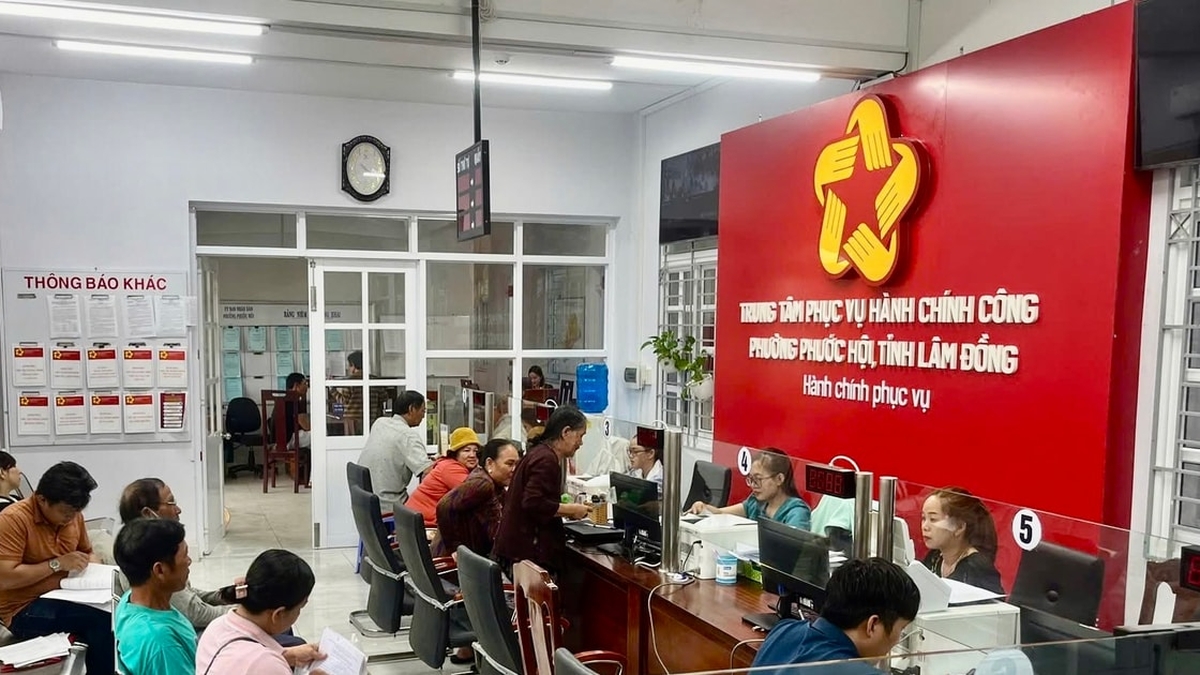

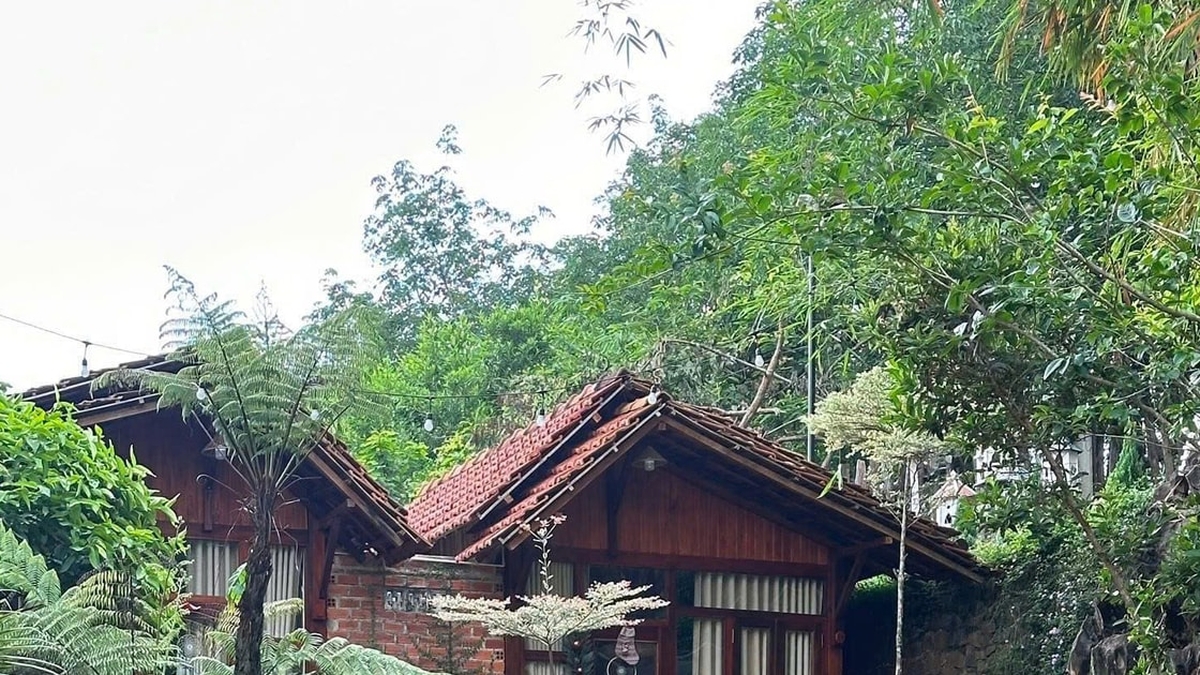

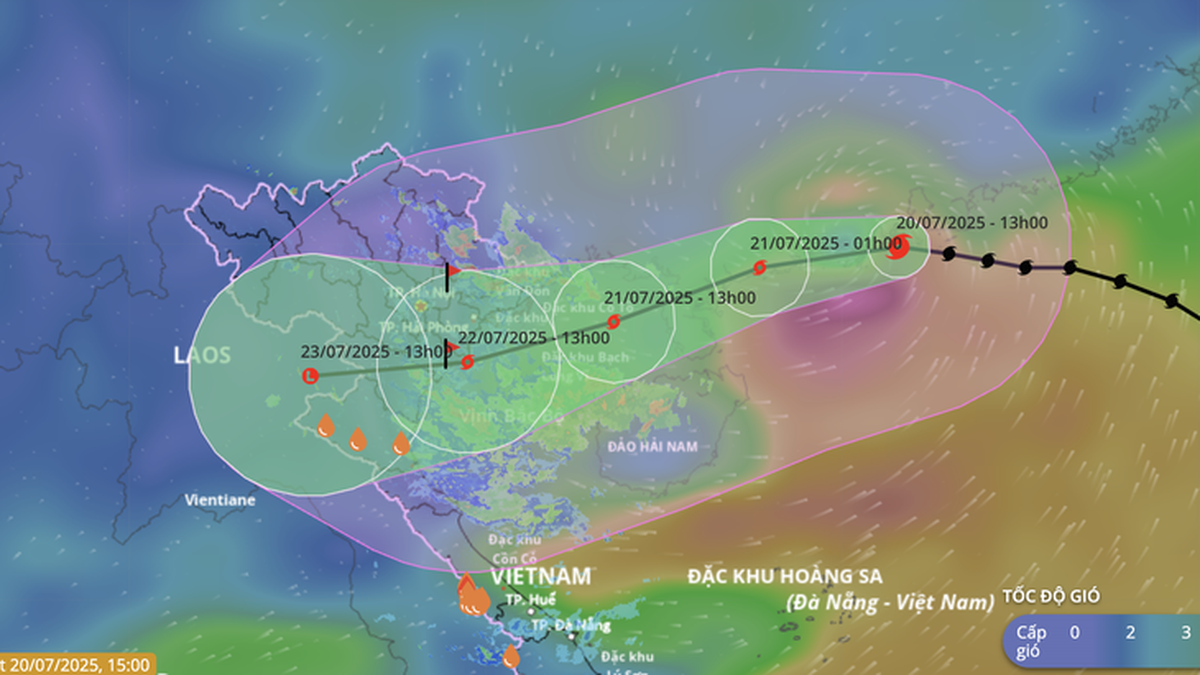
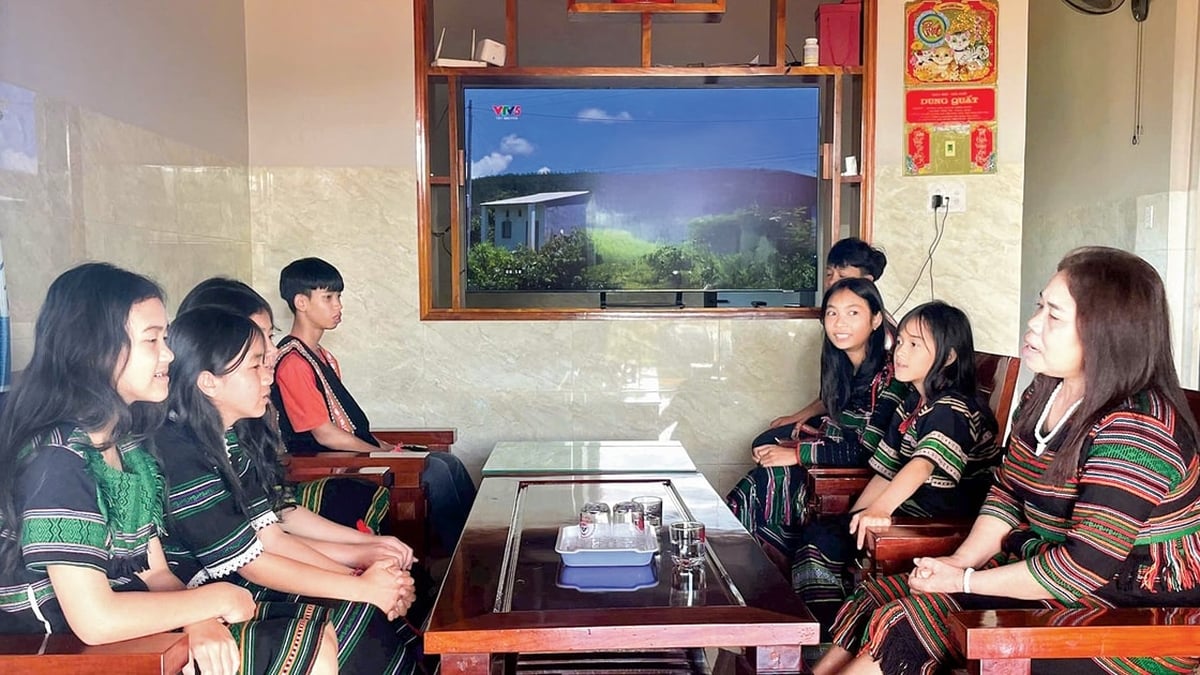


















![[Photo] National Assembly Chairman Tran Thanh Man visits Vietnamese Heroic Mother Ta Thi Tran](https://vphoto.vietnam.vn/thumb/1200x675/vietnam/resource/IMAGE/2025/7/20/765c0bd057dd44ad83ab89fe0255b783)




































































Comment (0)